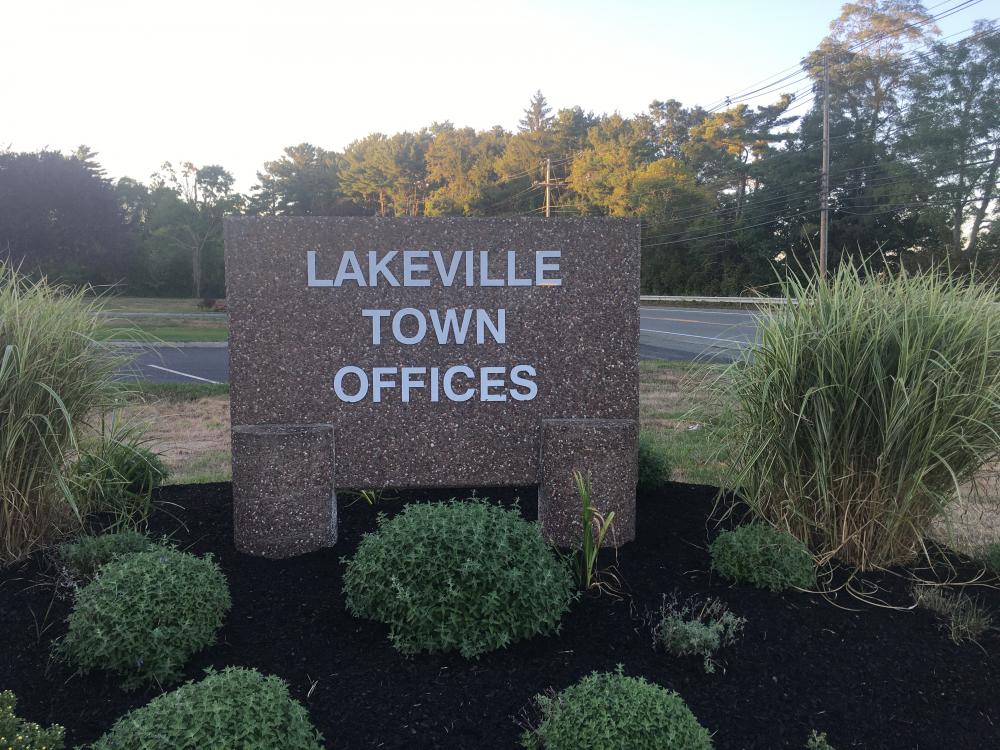Problem property regulations to be presented to Town Meeting
LAKEVILLE — A group formed to look at the issue of abandoned and otherwise problematic properties in Lakeville will be asking Town Meeting voters to improve the situation.
The Problem Properties Committee was formed after town officials learned of 91 buildings with unpaid taxes.
Some of these properties are neglected or abandoned, which can “result in the deterioration of structures, creating an unsafe environment, attract health and sanitation violations, including vermin, and invite crime,’’ Assistant to the Town Administrator Christina Cotsoridis, a member of the Problem Properties Committee, wrote in a letter to the select board.
First responders have expressed concern about difficulty in accessing certain properties, Cotsoridis said at the Aug. 29 Select Board meeting.
The committee defines “problem properties” as properties that include violations of zoning, building, health, sanitation, or fire codes.
The committee proposes six articles for the Nov. 14 Special Town Meeting to address specific concerns related to the properties.
Three of the articles relate to residential use of exterior space.
One article will update the definitions and parameters for outdoor storage of items such as car parts, toys, tools, wood and furniture.
The fourth and fifth articles related to exterior space for residential use involve junk dealers. The town grants four junk dealer licenses annually, and this article would grandfather in the three junk dealers in residentially-zoned areas, allowing them to continue business. The third article would require junk dealers to show proof of commercial activity upon renewing their licenses.
Two articles relate to addressing problem properties. One will adopt a piece of Massachusetts General Law, which allows the town to place a lien on properties that owe fines or have ignored orders to clean the property so it is safe.
The other article involving problem properties will ensure that any foreclosed property worth more than $35,000 would be subject to a “rigorous screening process,” while properties worth less than $35,000 can have ownership transferred to the select board by a 2/3 vote for the purpose of the property’s sale.
The final article concerns lodging or boarding houses, which allows the fire department to “ensure the adequate systems of automatic sprinklers” are present in those types of houses.











